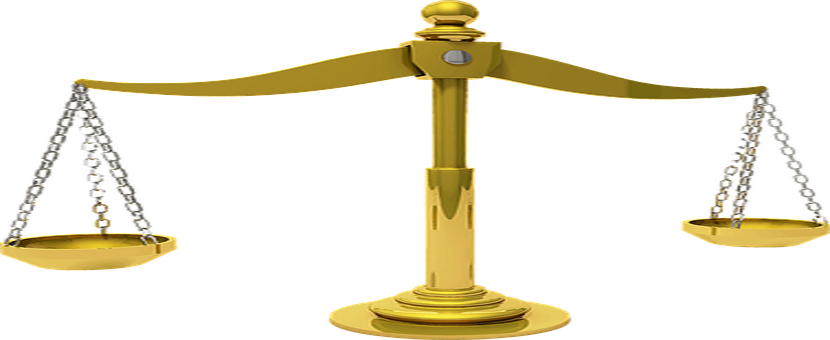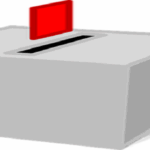Ugba v. Suswam [2013] 4 NWLR (Pt. 1345) 427at 477, paras. B-D, per Rhodes-Vivour, JSC:
Section 22 of the Supreme Court Act confers wide powers on this court to rehear a matter as if it was the trial court, but where the trial court no longer has jurisdiction to hear a matter this court cannot hide under the provisions of section 22 (supra). The wide powers conferred by section 22 of the Supreme Court Act is to enable this court assume jurisdiction and do what the court below ought to have done but did not do. Where the court below did not do what it supposed to do because it had to do it within a time provided by the Constitution, section 22 of the Supreme Court Act would be inapplicable.
Notes:
The Supreme Court may, from time to time, make any order necessary for determining the real question in controversy in the appeal, and may amend any defect or error in the record of appeal, and may direct the court below to inquire into and certify its findings on any question which the Supreme Court thinks fit to determine before final judgment in the appeal and may make an interim order or grant any injunction which the court below is authorised to make or grant and may direct any necessary inquiries or accounts to be made or taken and generally shall have full jurisdiction over the whole proceedings as if the proceedings had been instituted and prosecuted in the Supreme Court as a court of first instance and may rehear the case in whole or in part or may remit it to the court below for the purpose of such rehearing or may give such other directions as to the manner in which the court below shall deal with the case in accordance with the powers of that court.
The above section has always been resorted to by parties who desire to drag the Supreme Court into assuming the position of a trial court to hear or rehear a case. Rhodes-Vivour, JSC explained the import of the provisions thus:
Section 22 of the Supreme Court Act confers wide powers on this court to rehear a matter as if it was the trial court, but where the trial court no longer has jurisdiction to hear a matter this court cannot hide under the provisions of section 22 supra. The wide powers conferred by section 22 of the Supreme Court Act is to enable this court assume jurisdiction and do what the court below ought to have done but did not do. Where the court below did not do what it was supposed to do because it had to do it within a time provided by the constitution, section 22 of the Supreme Court Act would be inapplicable.
Stated another way, as high as the Supreme Court is, it still lacks the power to bring to life and assume jurisdiction in a matter that had died at the port of embarkation. This is because in this case the court is helpless and the appellant has to come to terms with the position of things and cut his losses.














